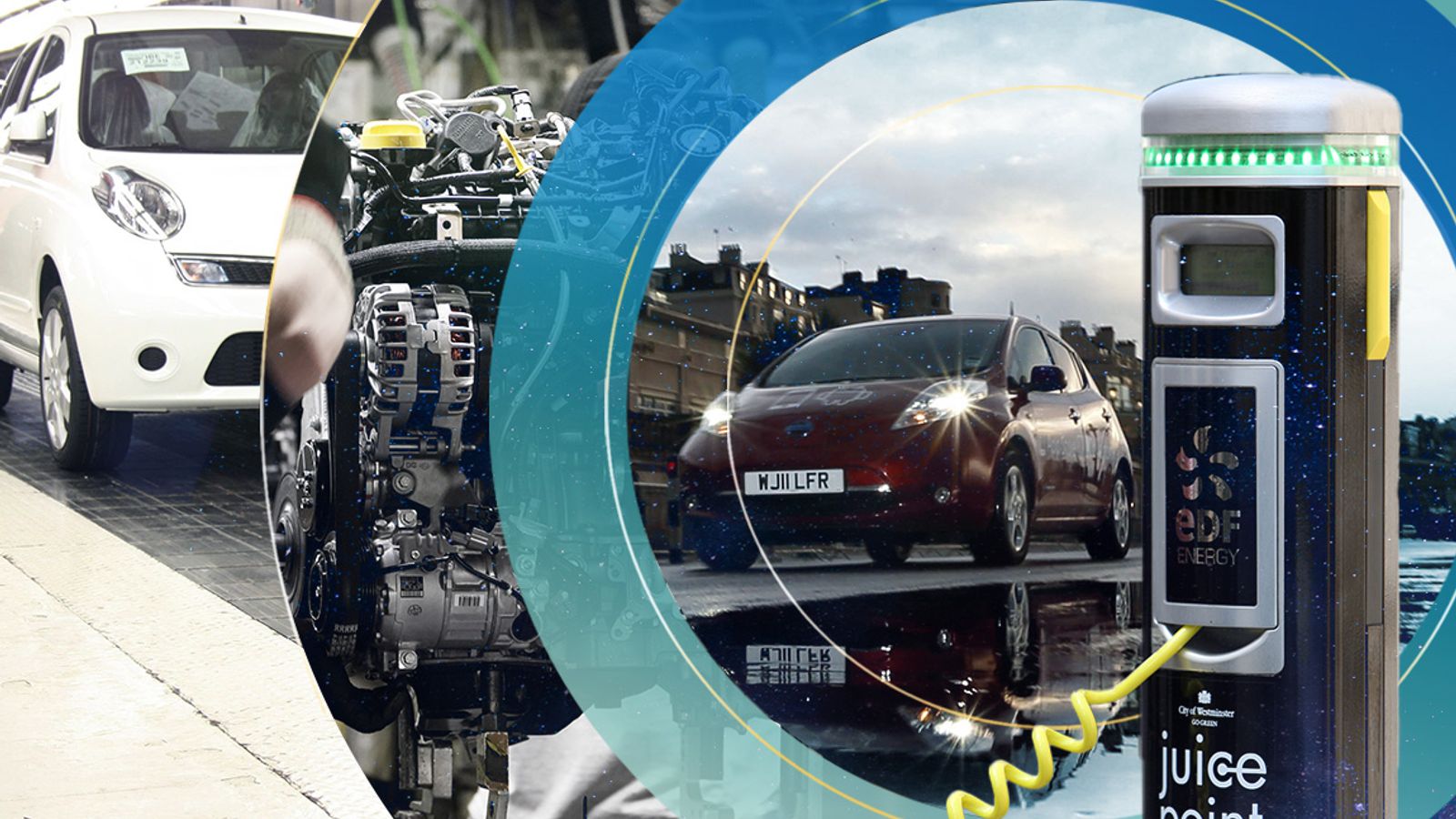Bob Blaylock
Diamond Member
- Banned
- #21
Imagine a hybrid with a hydrogen burning ICE and solid state batteries. You could save the planet and then tow it down to the next KOA.
Of course, it takes a Crick level of ignorance to believe that anyone can save the planet by his choice of transportation; but even so, I want a car that can be driven, not a car to be towed. If I have to tow a car to get it where I want to be, then that rather defeats the point of having a car at all, doesn't it?


